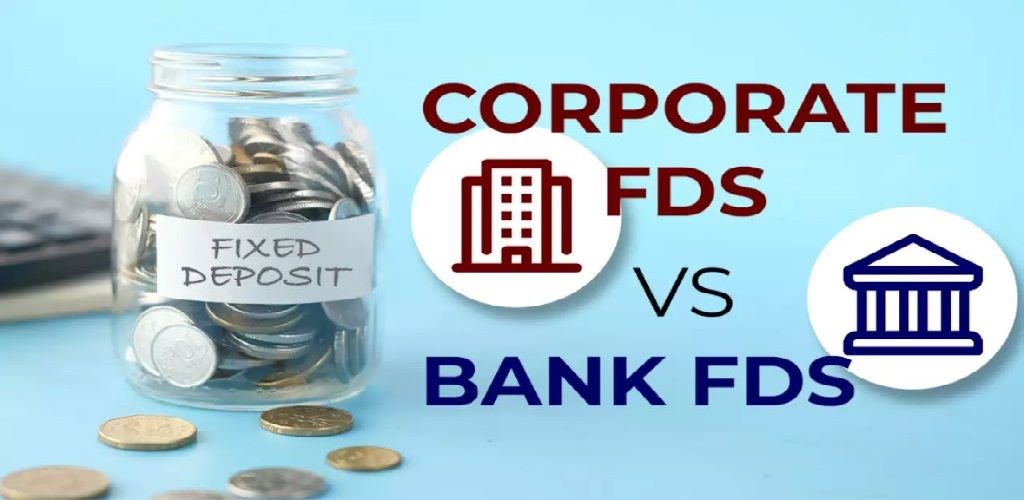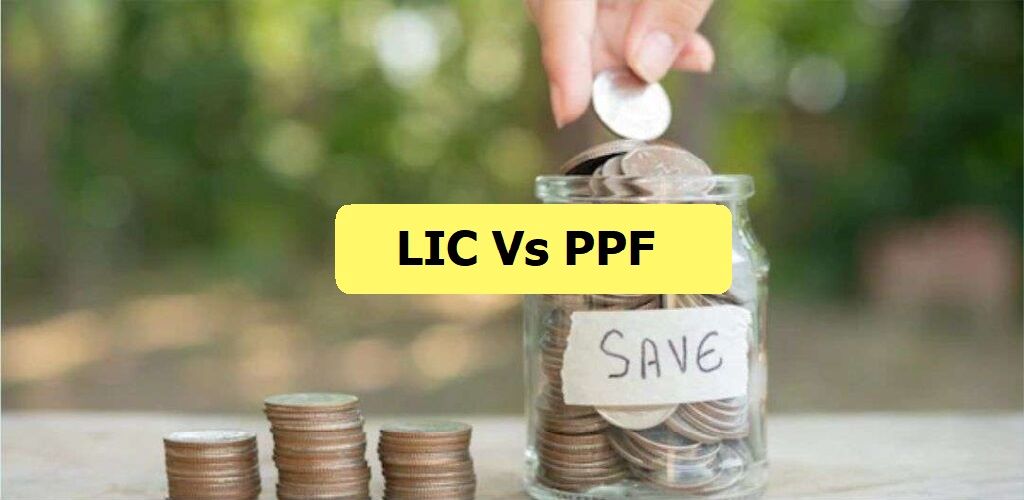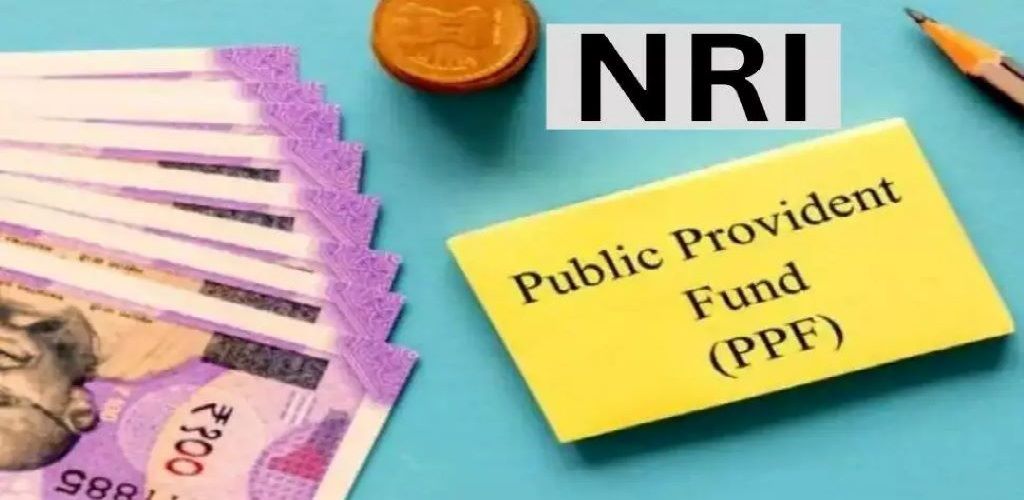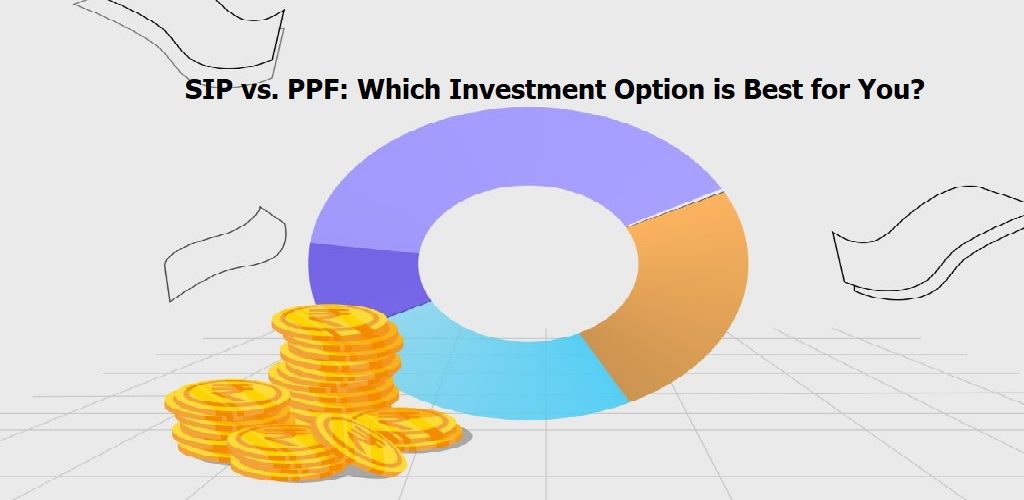When it comes to investing your hard-earned money, the choices can be overwhelming. Two popular options are Corporate Fixed Deposits (FDs) and Bank Fixed Deposits (FDs). While both promise steady returns, they cater to different investor appetites.
Corporate FDs are the bold, adventurous option—offering higher interest rates with a touch of risk. On the other hand, Bank FDs are like a cozy safety net, providing security and stability with more modest returns.
As you navigate the world of investments, understanding the differences between these two can help you decide which suits your financial goals. Are you looking for higher rewards with a bit of risk, or do you prefer the security of guaranteed returns? In this guide, we’ll explore the differences between Corporate and Bank FDs, helping you make the best choice for your savings.
Let’s get started!
What’s a Corporate FD?
A Corporate Fixed Deposit (FD) is a savings option offered by companies, including big corporations and Non-Banking Financial Companies (NBFCs). Just like banks, these companies collect money from investors and promise to pay back the amount with interest after a specific period. It’s their way of providing a safe place for your money while you earn returns.
Corporate FDs are attractive because they often offer higher interest rates compared to traditional bank FDs. This means you could earn more on your savings! Plus, you have the flexibility to choose how much to invest and for how long, whether it’s a few months or several years.
For example, let’s say you invest ₹50,000 in a corporate FD with a company that offers an interest rate of 8% for one year. At the end of the year, you would receive your ₹50,000 back plus ₹4,000 in interest, giving you a total of ₹54,000.
While Corporate FDs can offer better returns, it’s important to consider the risks involved, as they depend on the company’s financial health. So, if you’re looking for potentially higher earnings and are okay with a bit more risk, a Corporate FD could be a great option!
What’s a Bank FD?
A Bank Fixed Deposit (FD) is a popular savings option offered by banks that allows you to invest your money for a set period while earning interest. Banks provide various FD plans to meet the needs of both short-term and long-term investors. One of the best things about Bank FDs is the guaranteed return on your investment, so you know exactly how much you’ll earn!
For example, if you deposit ₹1,00,000 in a bank FD for one year at an interest rate of 6%, you’ll receive ₹6,000 in interest, totaling ₹1,06,000 when the FD matures. Plus, the interest earned on your FD is tax-free, making it an attractive option.
Bank FDs also give you flexibility. You can choose how much to invest and for how long. In case of an emergency, you can withdraw your money early, though some banks may charge a penalty for this. Additionally, you might qualify for a loan against your FD, providing quick access to cash when needed. Overall, Bank FDs are a safe and reliable way to grow your savings while enjoying various benefits!
Benefits of Corporate and Bank FD
Though there are several benefits of a corporate and a bank FD, some of them are mentioned below:
Benefits of Corporate Fixed Deposits
- Higher Interest Rates
One of the most appealing benefits of Corporate FDs is the potential for higher interest rates compared to Bank FDs. Companies often offer attractive rates to draw in investors.
For example, while a bank may offer 6% interest, a corporate FD could provide rates of 8% or even more. This means your money can grow faster, giving you a better return on your investment.
- Flexible Investment Options
Corporate FDs typically offer flexibility in terms of investment amounts and durations. Whether you want to invest a small sum or a larger amount, you can usually find a corporate FD that meets your needs.
Plus, you can choose the duration that works best for you—whether it’s a few months or several years, making it easier to align your investment with your financial goals.
- Potential for Regular Income
Many Corporate FDs offer the option of receiving interest payments on a regular basis, such as monthly, quarterly, or annually. This feature can be beneficial for investors looking for a steady income stream, especially retirees or those who need regular cash flow. You can enjoy the interest payouts while your principal amount continues to grow.
- Tax Benefits
In some cases, the interest earned on Corporate FDs may be subject to lower tax rates, depending on the tax laws. This can increase your effective returns, allowing you to keep more of what you earn. It’s essential to consult with a financial advisor to understand the specific tax implications related to your investment.
Benefits of Bank Fixed Deposits
- Safety and Security
One of the biggest advantages of Bank FDs is their safety. Banks are regulated by government authorities, which means your money is protected. This makes Bank FDs a reliable choice for conservative investors.
- Guaranteed Returns
Bank FDs offer guaranteed returns on your investment. When you invest a specific amount for a set period, you know exactly how much interest you will earn by the end of the term. This predictability is appealing, especially for those who prefer low-risk investments. You can plan your finances with confidence, knowing what to expect.
- Flexibility in Duration and Amount
Just like Corporate FDs, Bank FDs also provide flexibility in terms of investment amount and tenure. You can choose to invest a small or large amount, and select the duration that suits your financial plans—whether it’s a short-term investment or a long-term saving strategy. This adaptability makes Bank FDs suitable for various financial goals.
- Loan Against FD
Another great benefit of Bank FD is the ability to take a loan against your fixed deposit. If you need cash urgently, many banks allow you to borrow against the amount you’ve deposited. This means you can access funds without breaking your FD, which would usually incur penalties. It’s a handy feature for emergencies, giving you financial flexibility when you need it most.
Comparison Between Corporate FD and Bank FD
| Criteria | Corporate FD | Bank FD |
| Issuer | Companies or Non-Banking Financial Companies (NBFCs) | Banks and financial institutions |
| Tenure | Varies widely; can be short-term or long-term | Flexible; typically ranges from a few months to several years |
| Risk Level | Higher risk due to the financial health of the issuing company | Lower risk; regulated and insured deposits |
| Interest Rates | Generally higher than bank FDs | Generally lower; more stable and predictable |
| Premature Withdrawal of Funds | May incur penalties; terms can be strict | Generally allowed with some penalties; more flexible |
| Tax Implications | Interest may be subject to lower tax rates | Interest earned is tax-free up to a certain limit in many countries |
| Liquidity | Typically lower liquidity; restrictions on early withdrawal | Better liquidity; can withdraw with fewer restrictions |
| Loan Against FD | Rarely offers loans against the deposit | Often allows loans against the FD amount |
Tips for Choosing FDs
Choosing between Corporate Fixed Deposits (FDs) and Bank Fixed Deposits (FDs) can feel like picking between two tempting desserts. Both options have their unique flavors, but which one is right for you? Here are some handy tips to guide your decision:
- Assess Your Risk Tolerance
Start by understanding your comfort level with risk. Corporate FDs often offer higher returns, but they come with increased risk. If you’re risk-averse and prefer security, Bank FDs are the way to go. Remember, peace of mind is priceless!
- Compare Interest Rates
Look for the best interest rates available. While Corporate FDs usually provide higher returns, it’s essential to compare rates from various companies and banks. A small percentage difference can add up significantly over time!
- Check the Company’s Credibility
If you’re considering a Corporate FD, research the issuing company’s financial health and reputation. Check their credit ratings and reviews. A trustworthy company can provide the confidence you need to invest.
- Understand Liquidity Options
Think about how easily you can access your funds. If you might need your money before the FD matures, Bank FDs typically offer better liquidity options. Ensure you’re clear on the terms for premature withdrawals.
- Consider Your Investment Duration
Evaluate how long you plan to invest. If you have a specific time frame in mind, choose an FD that aligns with your financial goals, whether it’s a short-term or long-term plan.
- Tax Implications
Don’t forget about taxes! Investigate how interest earnings are taxed for both types of FDs. This could affect your overall returns, so it’s worth doing a little homework.
Frequently Asked Questions
You can buy fixed deposits from a company through brokers. These brokers help you and earn a fee for their service.
No, corporate fixed deposits usually offer much higher interest rates than bank fixed deposits.
Yes, Non-Resident Indians (NRIs) can invest in fixed deposits with some companies.
If a company can’t pay back its fixed deposit, you might lose your money. Corporate FDs are riskier than bank FDs, which are safer.
Yes, both corporate and bank FDs may charge fees if you take your money out before the end of the term. Make sure to check the rules before you invest.







